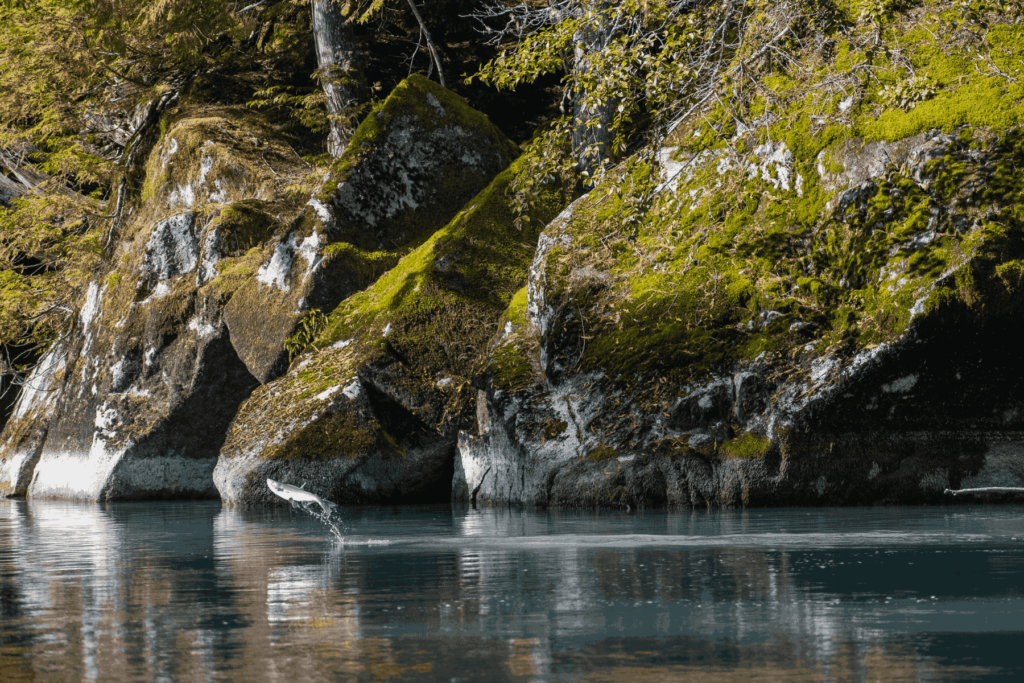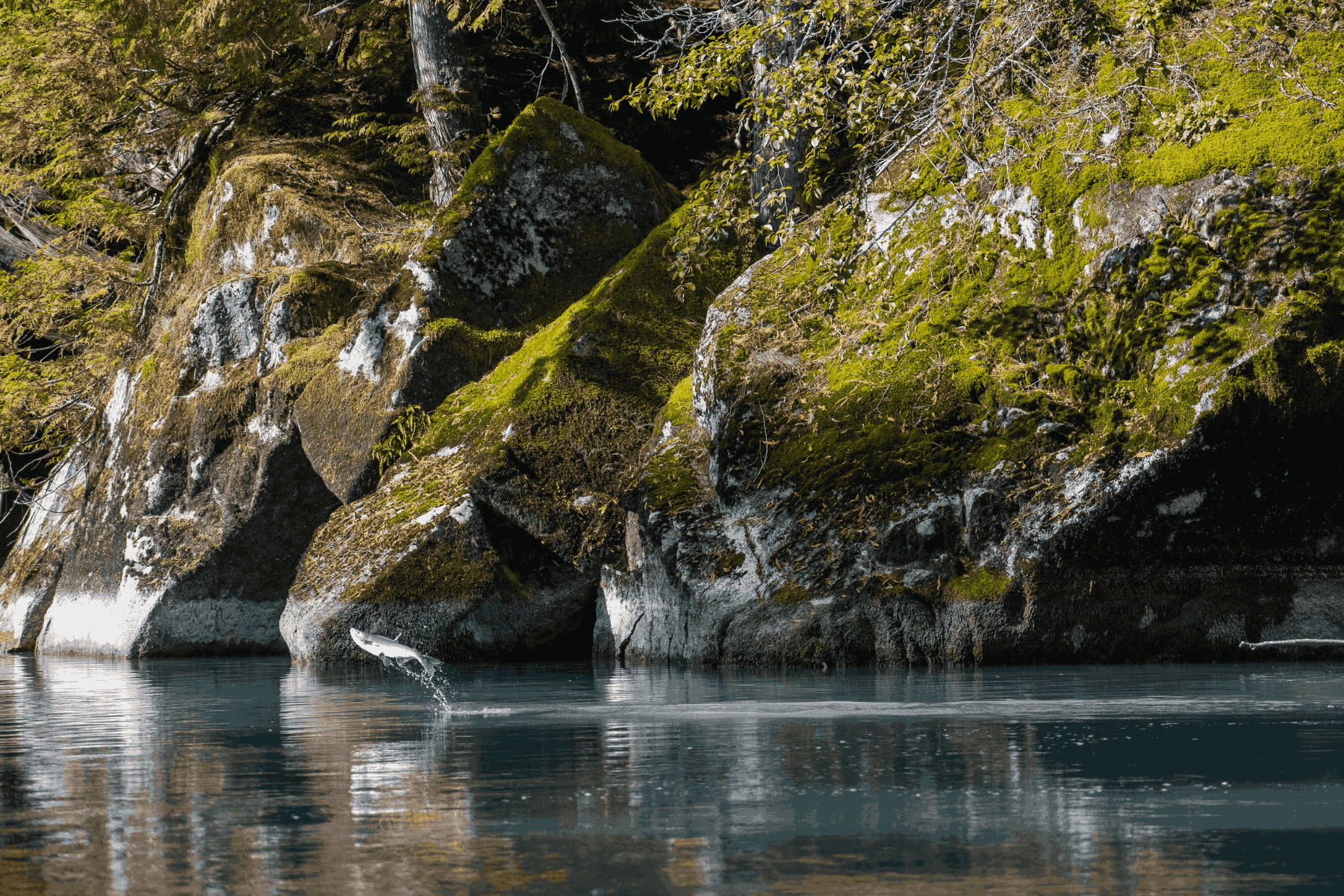Ocean Wise revises B.C. Salmon Assessment process


Ocean Wise releases new recommendations for British Columbian wild-caught salmon under its sustainable seafood label. The 14 recommendations are the result of a new assessment process. Sustainable recommendations include chinook and sockeye from Barkley Sound managed in Area 23 and sockeye from the Meziadin River.
“These recommendations aren’t just good for the ocean and waterways, but good for fishing families and coastal nations who rely on salmon for their livelihoods,” said Lasse Gustavsson, Ocean Wise president and CEO.
British Columbia’s salmon industry holds significant economic power in Canada, with annual sales averaging between $150 million and $250 million. However, buyers struggle to differentiate between sustainable and unsustainable options.
“Ocean Wise is in a unique position to leverage its Rapid Assessment Standard and Salmon Advisory Panel to ensure responsible fisheries receive the recognition they deserve. These new recommendations simplify the choice when purchasing salmon, empowering businesses, and consumers to support local, ocean-friendly fishers. In an especially complex case like B.C. salmon, this is even more important,” said Samantha Renshaw, Ocean Wise science lead.
The health of B.C. salmon populations varies from year-to-year. Standard Ocean Wise seafood assessments typically take roughly one year to complete and remain valid for up to five years after the fact.
“The Ocean Wise Rapid Assessment Standard is nimble enough to adapt to the annual variations of [B.C.] salmon in a way that compliments other systems that look at longer-term population trends,” said Dave Moore, Authentic Indigenous Seafoods Co-operative and member of the Ocean Wise Salmon Advisory Panel. “Many Indigenous communities can see the importance of evaluating sustainability of [B.C.] salmon in this way because it regularly considers both salmon abundance and diversity, thereby preserving the tapestry of environment, culture, and economy that is central to all salmon ecosystems as well as those that depend upon them.”
Source: www.foodincanada.com

